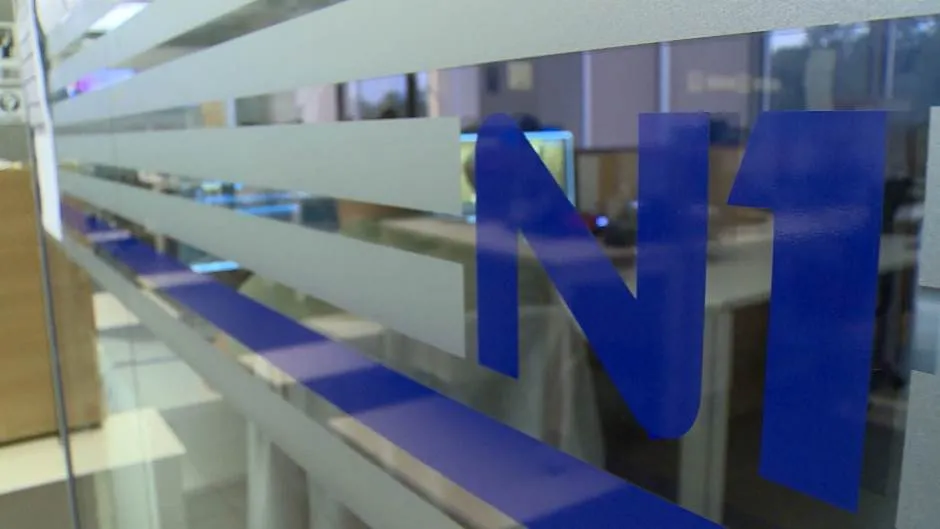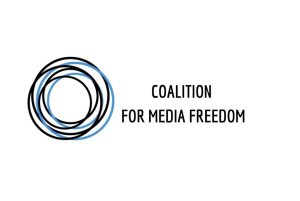How did you understand the initiative for a management buyout of N1 and other United Group media outlets? If you thought it was about editors paying owners an exit strategy, you are mistaken. This is an attempt to make the business community recognize the reality that N1 has become much more than a cable television channel or an Excel spreadsheet viewed by an investment fund employee. It is about ensuring N1 survives precisely as it is.
When students blockaded the public broadcaster’s building last April, they used a video screen to show what they truly considered a public broadcaster.
All this time, N1 is a small television station operating within a large international investment fund. When the owners began negotiating with the state to weaken their own media outlet, N1 responded with an initiative: seeing as it is for sale, we will buy it.
N1 editors and journalists, of course, do not have the funds to buy a media outlet. What they are seeking are investors whom the newsroom can trust to allow them to do their job.
The current owner continues to pledge commitment to the editorial independence of the media it holds in Serbia, but globally, it has announced its withdrawal from all markets outside the European Union, gradually selling its operations to the state – in Bosnia, Montenegro, and Serbia alike.
We all know how the state operates with media under its control, which is why independent journalists feel an additional obligation to themselves to do their job professionally.
“And also towards a now million-strong audience that we serve, and who have placed their trust in us and do not want to see the editorial policy changed or threatened or pressured either by the owners or by the regime, regardless. What we want is a clean situation, freedom to work, both now and for years to come,” said Mihailo Jovicevic, Editor-in-Chief of Nova.rs.
Some major global newsrooms exist in their current form precisely thanks to editorial buyouts.
“There are such cases, and some large newsrooms have a foundation or trust, like The Guardian for example, in the background between them and the owners. The New York Times has a specific arrangement with its personal owners, ensuring only they can influence the paper’s policy, not the large number of other owners. El Pais and some other major media are similar,” said Snjezana Milivojevic, retired Faculty of Political Sciences (FPN) professor.
However, United Group media outlets are in a specific position because their owner is an investment fund. Its business model is to build up a business and then sell it for an amount higher than its market value. Even then, smaller media outlets have managed to secure autonomy, which resembles N1’s proposal.
“It’s not typical, but various media outlets have managed to find such solutions. It is not uncommon, in this era of creative shifts in the media landscape, to look for such a model,” said Milivojevic.
All this does not take into consideration the possibility that a deal has already been reached with the state – then the market value of the rights to the Premier League broadcasts, for example, would simply be whatever those managing taxpayer money are prepared to pay.
Source: N1




